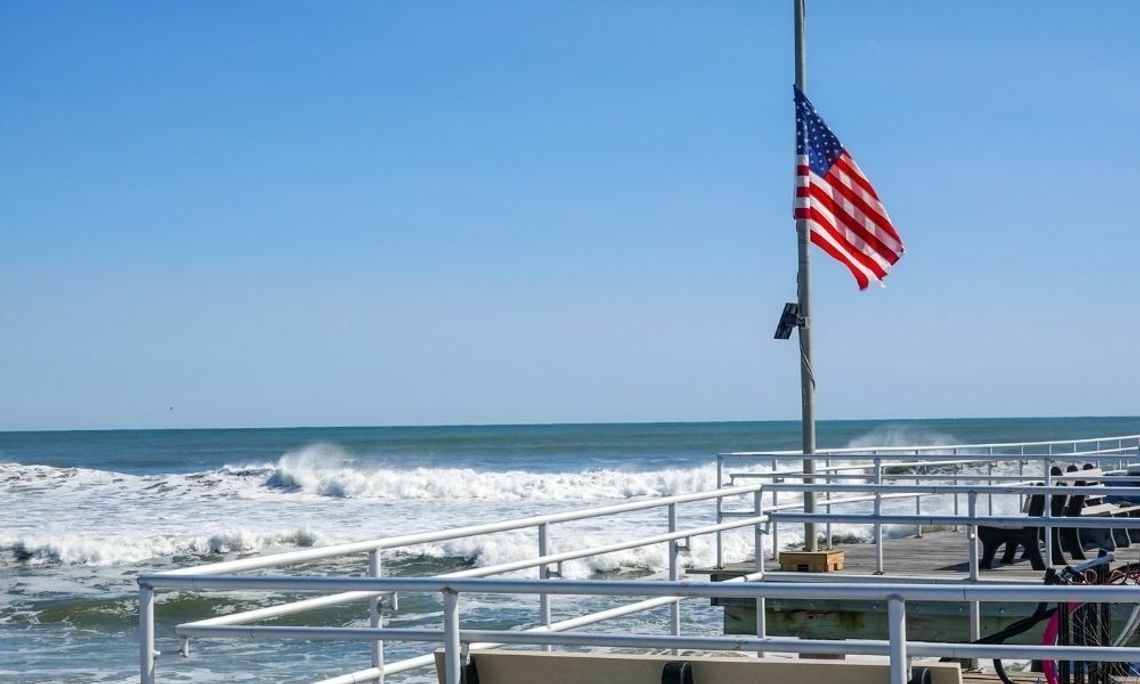The United Kingdom and the United States have been two of history’s great seafarers. The British and UU Navies have won wars and shaped history, and along the way, they’ve shaped the English language, too. Even on dry land, a sizable chapter of the lexicon has a distinct scent of salt water. See how often you can recognize the maritime, nautical, and naval origins of everyday phrases we use. Here are just enough of them to tide you over.
“Three Sheets to the Wind”
Sloshed, smashed, hammered, wasted—these colorful terms all take you to the same place, but “three sheets to the wind” takes you there by sea. A ship with multiple dislodged sails wouldn’t be one you would trust to move smoothly, and so it goes that a heavily inebriated person would move in a manner similar to a ship whose sails were fecklessly flapping.
“Learning the Ropes”
It’s not the boxing ring, but rather the handling the rigging of a ship that gives us this phrase for learning the basics of a new job. In the days of sail-driven ships, the first task any sailor would have to learn was how to work the ropes of the ship. Once you’ve learned the ropes, you’ve proven yourself to have a baseline competency at a skill or trade.
“Half-Mast”
When our nation is in a state of mourning, we raise our flags to the top of the flagpoles and then immediately lower them halfway. In common parlance, you may hear people say the flags are “at half-mast.” But when you think about it further, a mast would be on a ship, wouldn’t it? In fact, the preferred term on land is “half-staff,” but the tradition’s long naval history brought “half-mast” ashore,
leading to some confusion.
“Groggy”
When you feel sluggish, tired, and generally not yourself, you may say you’re feeling a little groggy. This word comes from a circuitous etymology involving the Royal Navy, harsh fabric, and a dash of British thrift. Admiral Edward Vernon of the Royal Navy liked to cut costs whenever he could, and he lived his values by wearing grosgrain, or grogram, coats rather than finer fabrics. This gave him the nickname “Old Grog.” Not content to save on his wardrobe, he also watered down his sailors’ rum, which they called “grog” in his dubious honor. Overindulgence in this diluted drink left sailors feeling “groggy,” though that condition is no longer a requirement for the sleep-deprived and exhausted among us today.
“Showing Your True Colors”
Just like “half-mast,” this colorful phrase is derived from the practice of flying flags at sea, making the naval origin of this everyday phrase clear. Nations’ ships were required to display their flags, or colors, to other ships as part of good naval etiquette, but ships sometimes sailed under “false flags” before revealing their real nature to others. Discovering that true colors made someone an enemy was, then as now, a most unpleasant surprise.


Comment
Comments